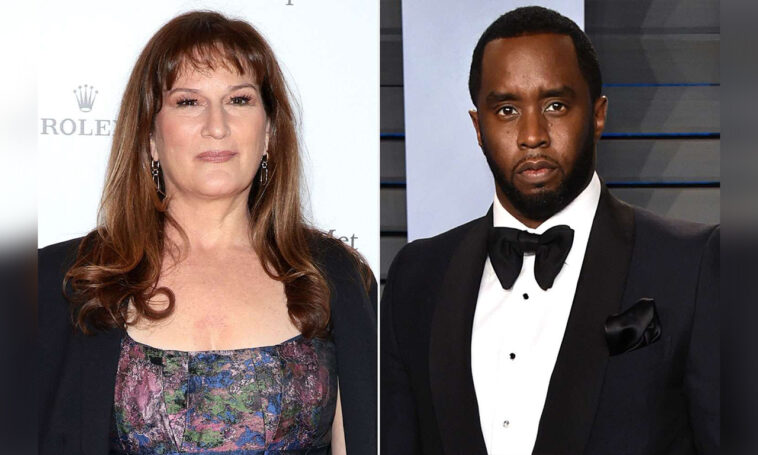There’s a certain simplicity or perhaps a sense of disbelief that comes with pondering how some public figures continue to thrive despite the gravity of allegations leveled against them. It’s a sentiment that resonates deeply with many, as illustrated in a recent interview where Rosie O’Donnell expressed her incredulity. Reflecting on such situations, she asked,
“How could a person live knowing that they had done that and then be a public person and continue to do it? Didn’t he feel the footsteps of the law behind him at all times?”
Her questions encapsulate the moral and emotional bewilderment many feel when observing high-profile individuals accused of serious misconduct.O’Donnell’s comments were directed toward Sean “Diddy” Combs, a music mogul who has recently faced serious allegations of sexual assault. These accusations have not only tarnished his public image but also sparked widespread debate about accountability and justice in the world of celebrities. Combs has publicly denied all allegations and entered a plea of not guilty, maintaining his innocence against the claims.
However, the gravity of such accusations often transcends legal battles. For many observers, the case raises questions about how public figures accused of heinous crimes navigate their dual realities: a personal life under scrutiny and a public persona that demands continuous engagement with fans, media, and business interests.
The allegations against Combs have not only permeated serious discussions but also become fodder for satire, particularly in the realm of entertainment. On Saturday Night Live (SNL), a program known for its sharp commentary on current events, the accusations have been the subject of multiple comedic sketches. In a recent “Weekend Update” segment, co-host Michael Che quipped, “It was reported that last month, the U.S. added 245,000 new jobs. Unfortunately, they were all ‘Diddy accuser.'”
While such humor draws laughs from audiences, it underscores a deeper cultural phenomenon: the blending of tragedy and comedy in the court of public opinion. Satirical takes on serious issues often serve as a lens through which society processes the discomfort of confronting these realities. Yet, such jokes can also trivialize the experiences of alleged victims, raising ethical questions about the balance between entertainment and empathy.
The allegations against Combs highlight the complexities of being a public figure. Celebrities are not just individuals; they are brands, cultural icons, and often symbols of success and influence. For those accused of serious misconduct, the stakes are higher than for the average person. They face not only potential legal consequences but also the risk of losing public favor, endorsement deals, and professional opportunities.
However, many celebrities accused of wrongdoing manage to maintain their public personas, raising questions about the mechanisms of celebrity culture. Why do some public figures appear untouchable despite serious allegations? Part of the answer lies in the dynamics of fame itself. Public figures often benefit from loyal fan bases, influential networks, and financial resources that enable them to navigate controversies in ways unavailable to ordinary individuals.
The intersection of legal proceedings and public scrutiny creates a unique challenge for accused individuals and their accusers. While the court of law focuses on evidence and due process, the court of public opinion operates on perception and emotion. For Combs, as for many other public figures, the outcome of the legal process will be pivotal. Yet, regardless of the verdict, the allegations will likely remain a defining part of his public narrative.
O’Donnell’s comments serve as a reminder of the moral questions that arise in cases like this. How does someone accused of such serious crimes reconcile their public and private selves? Can they? These questions extend beyond Combs and tap into broader societal concerns about justice, accountability, and redemption.
Ultimately, cases like this challenge us to confront the uncomfortable realities of power and privilege. They force us to grapple with how society enables certain individuals to evade consequences, at least temporarily, and what that says about our collective values. Whether in legal courts, on comedy stages, or in the media, the narratives surrounding such allegations reveal much about the intersections of fame, justice, and humanity.






Join the Community and Be a Part of the Conversation
You must be logged in or registered to post a comment.